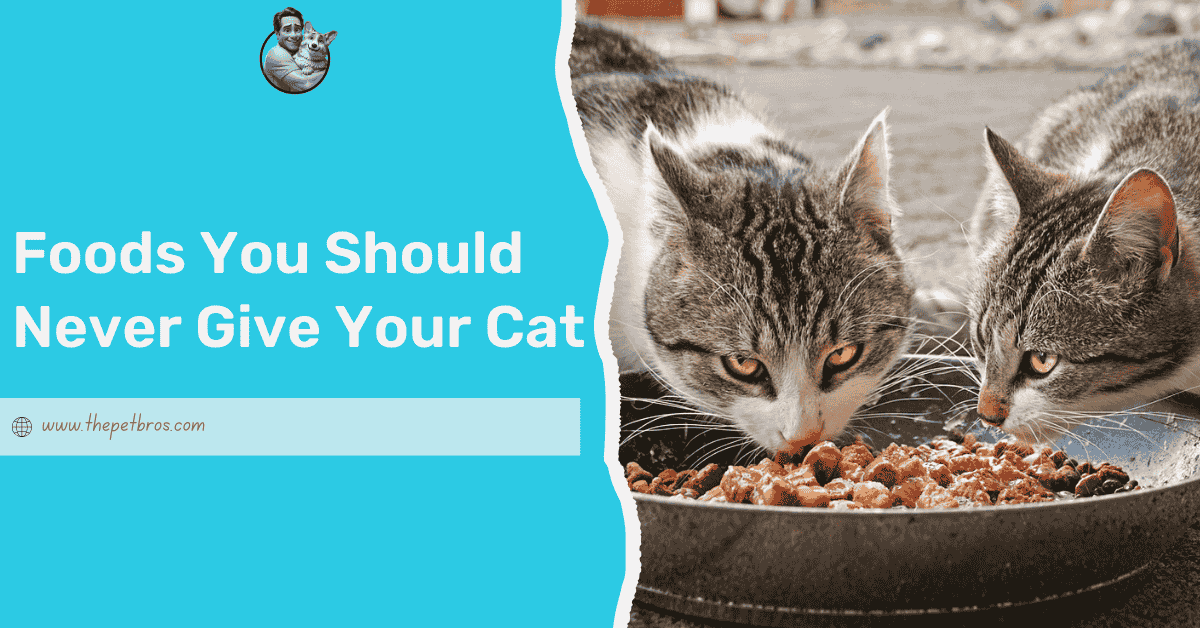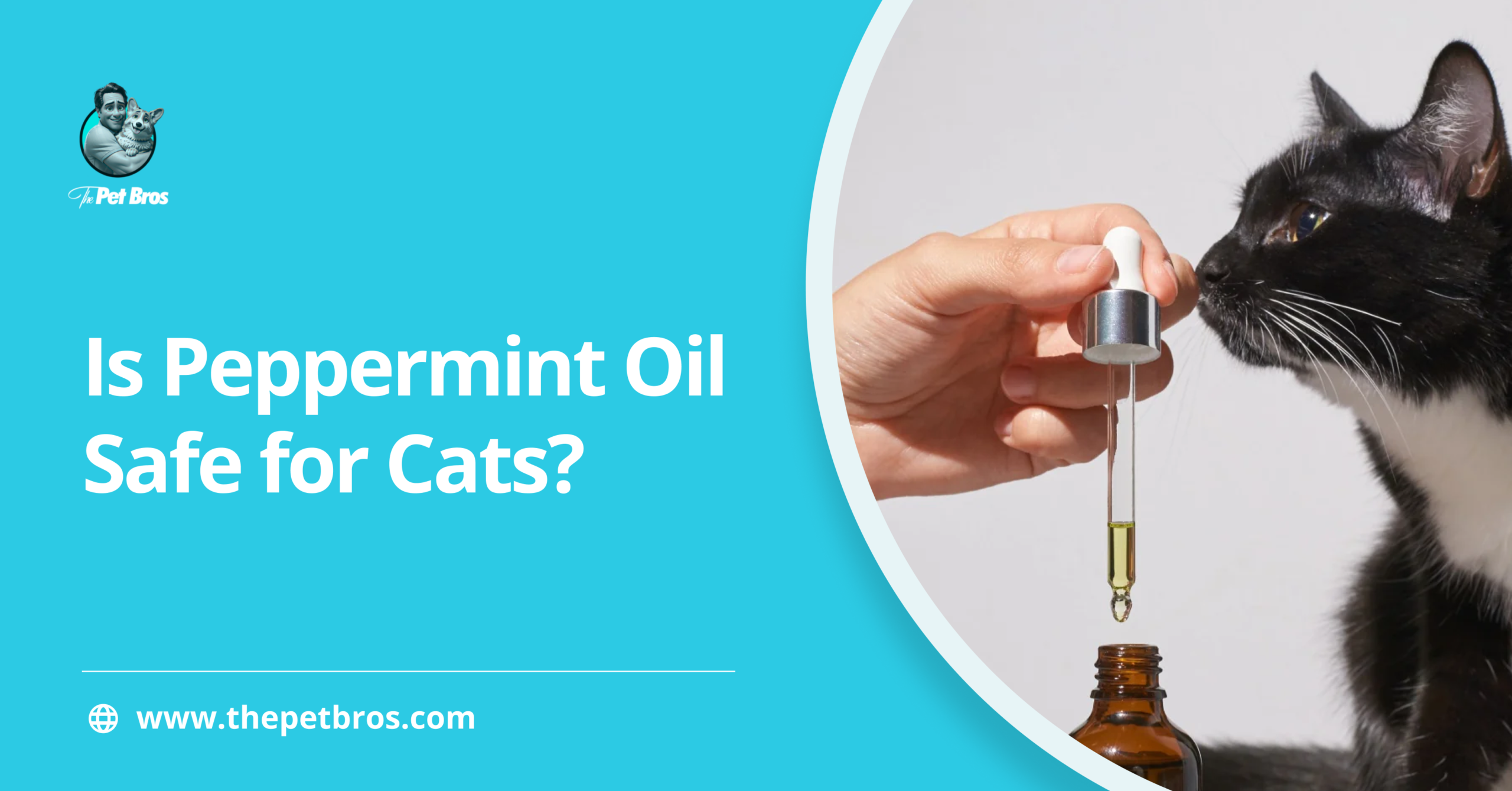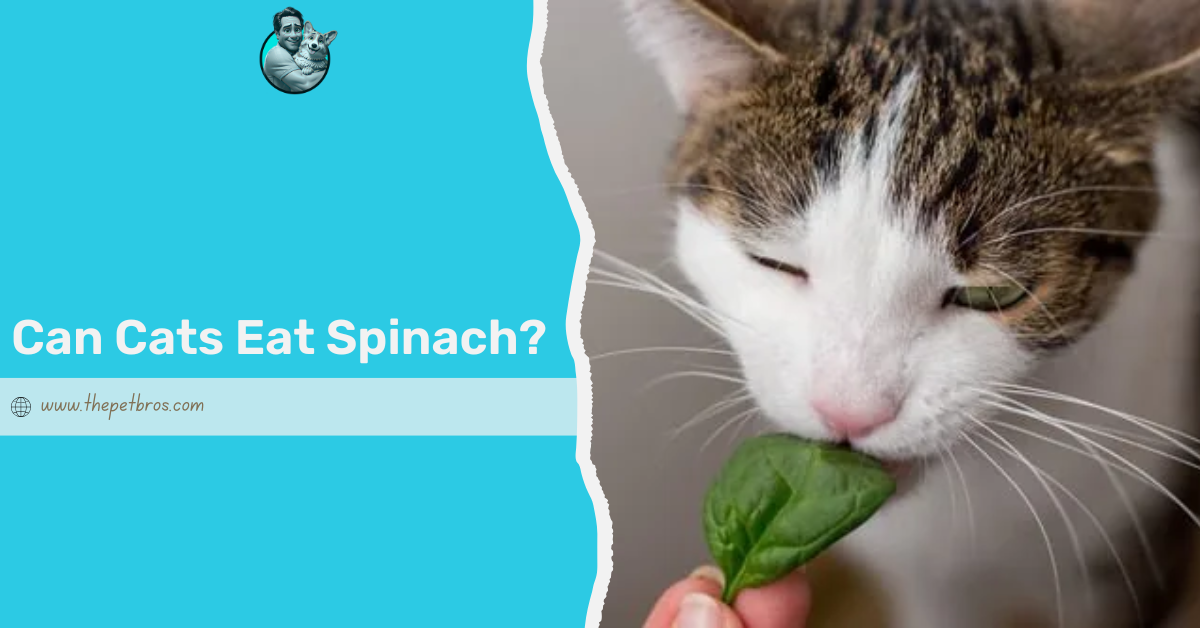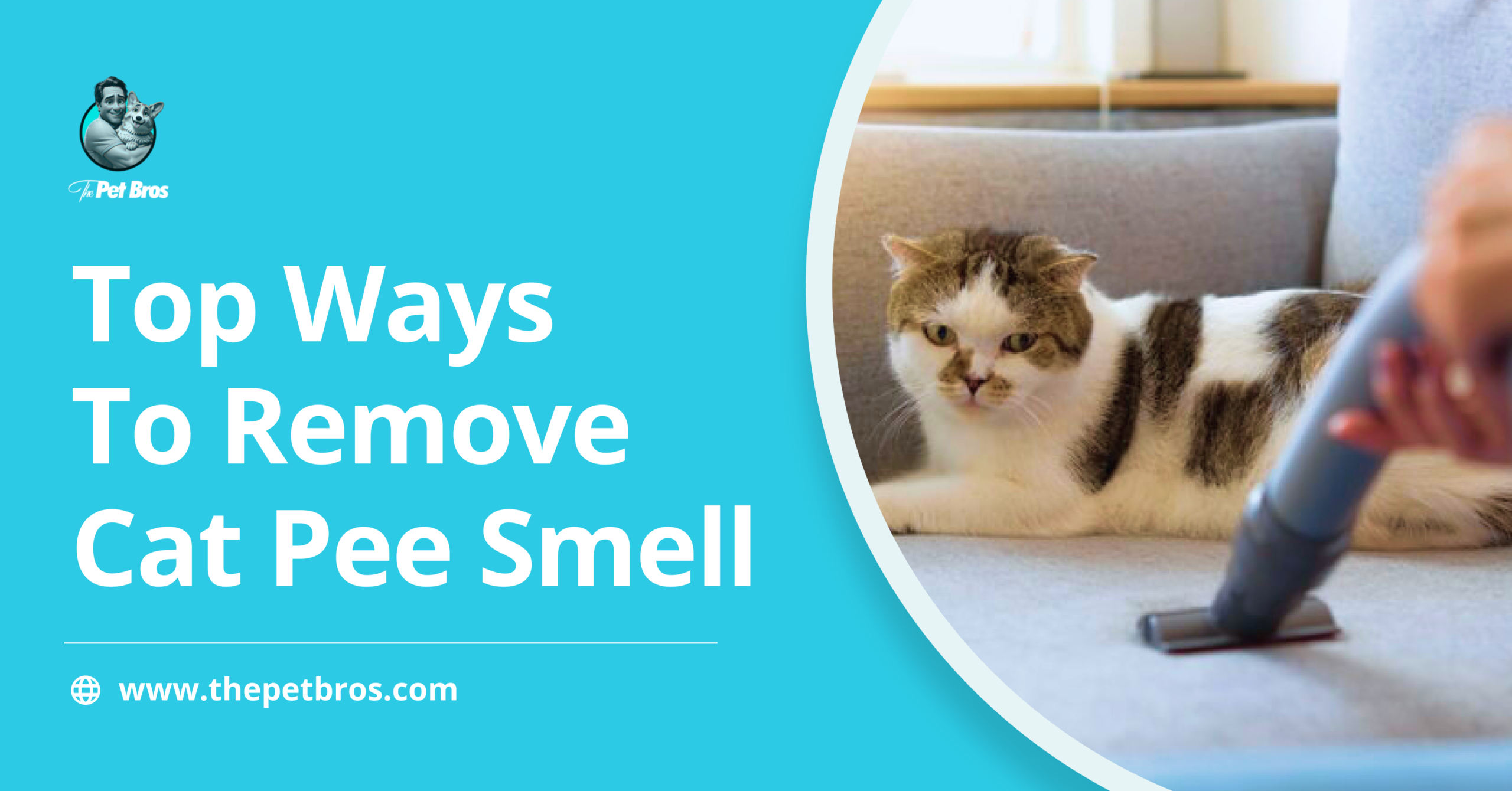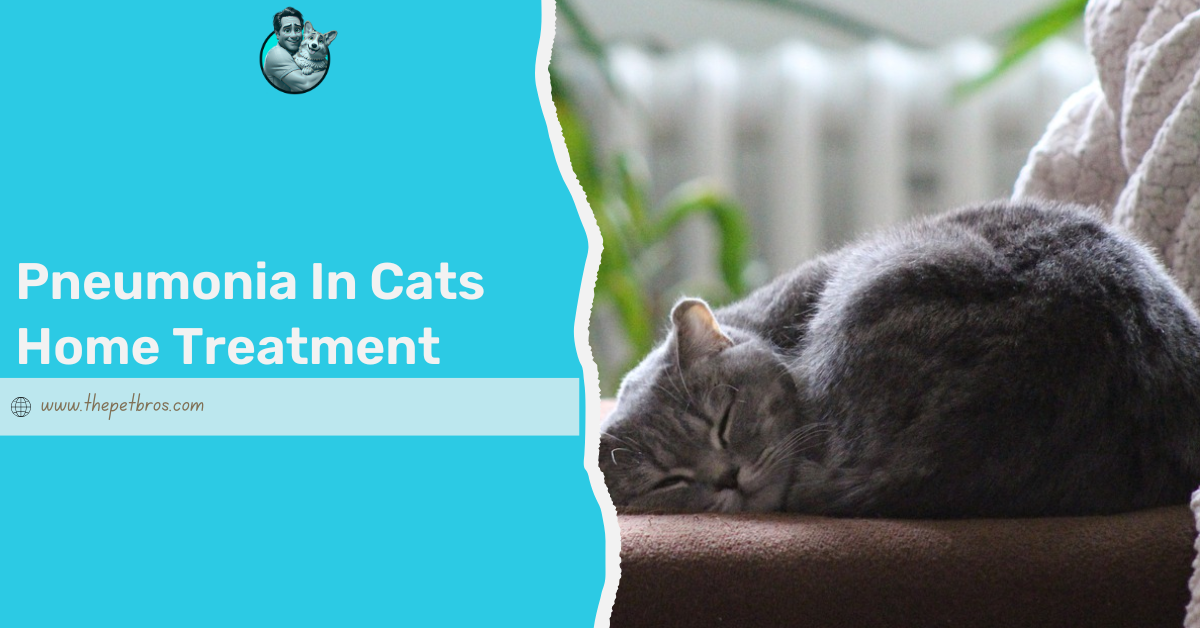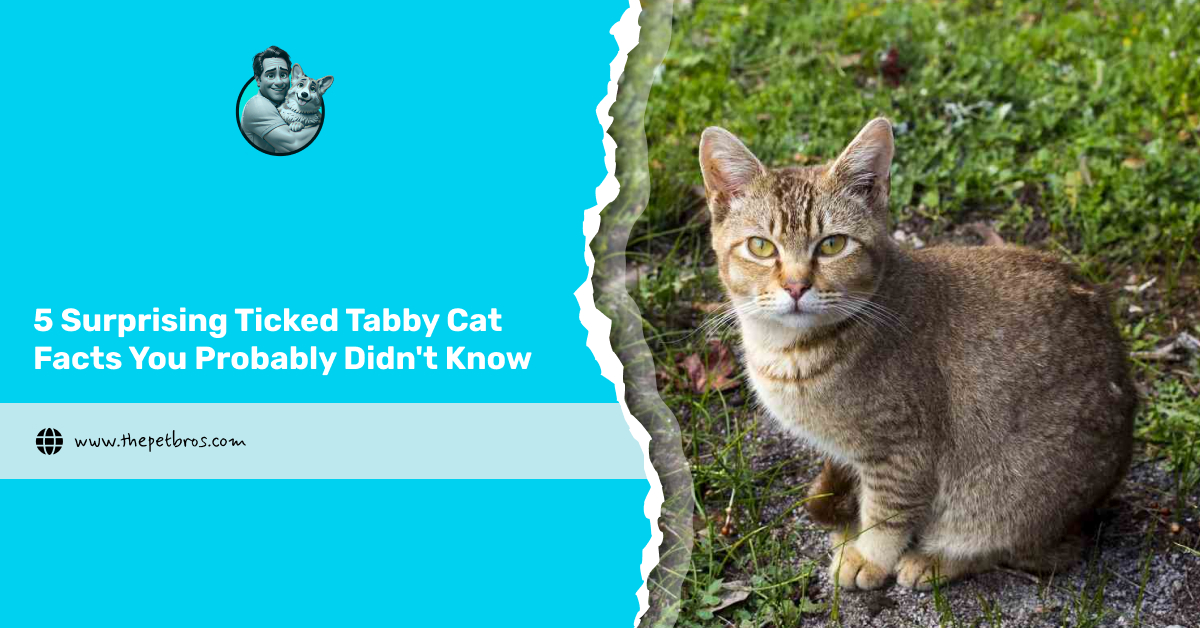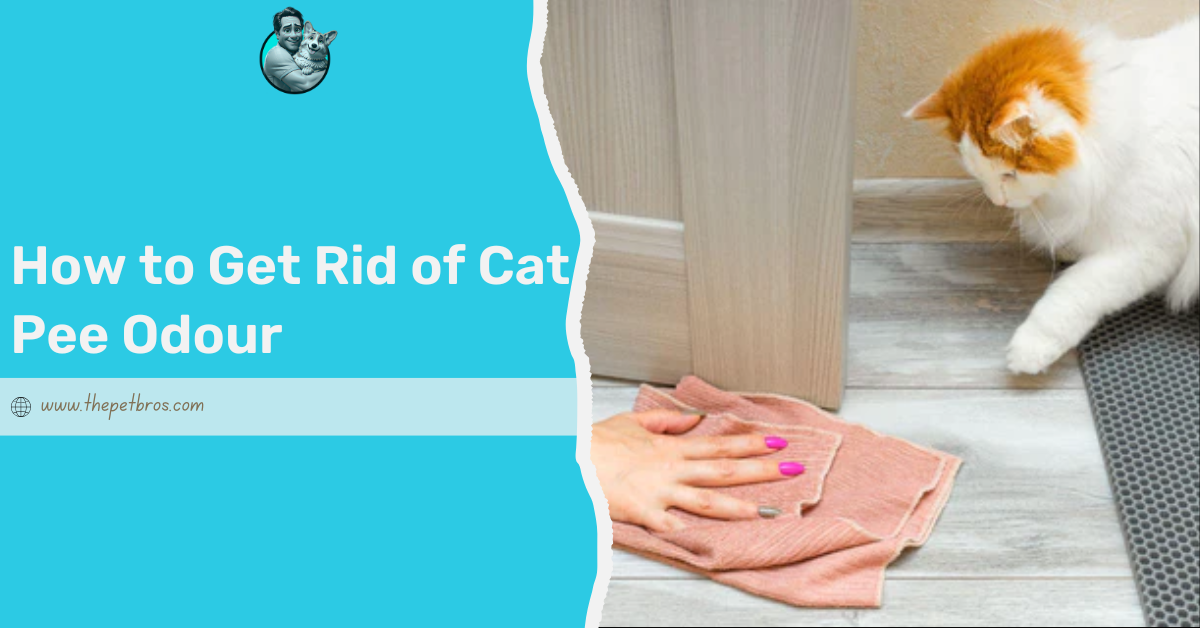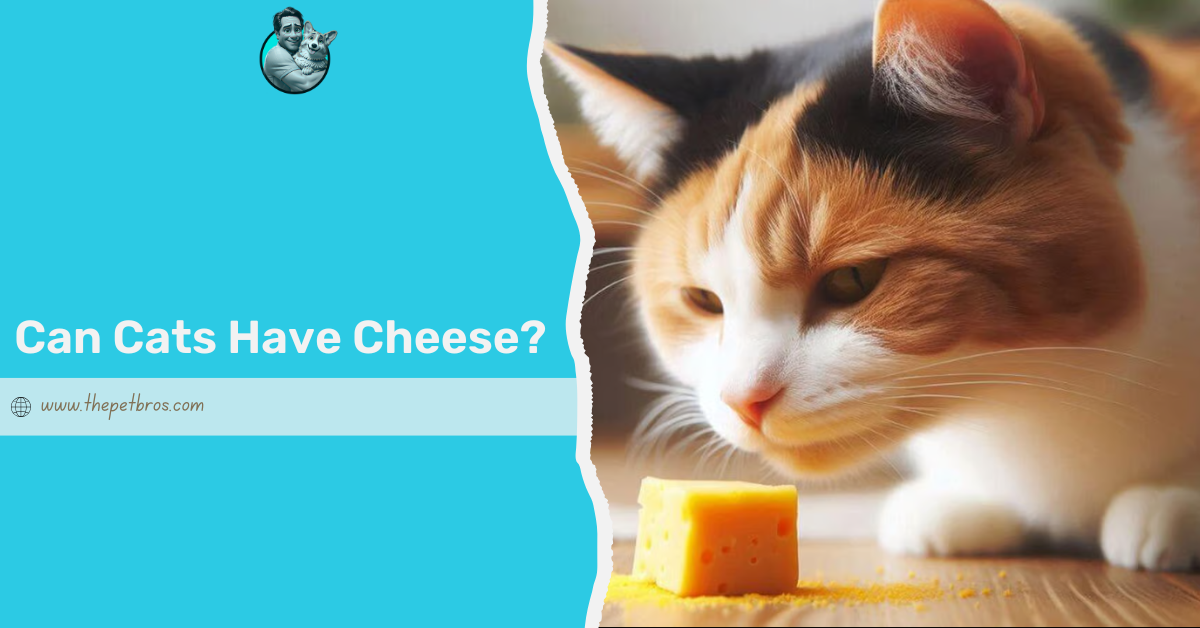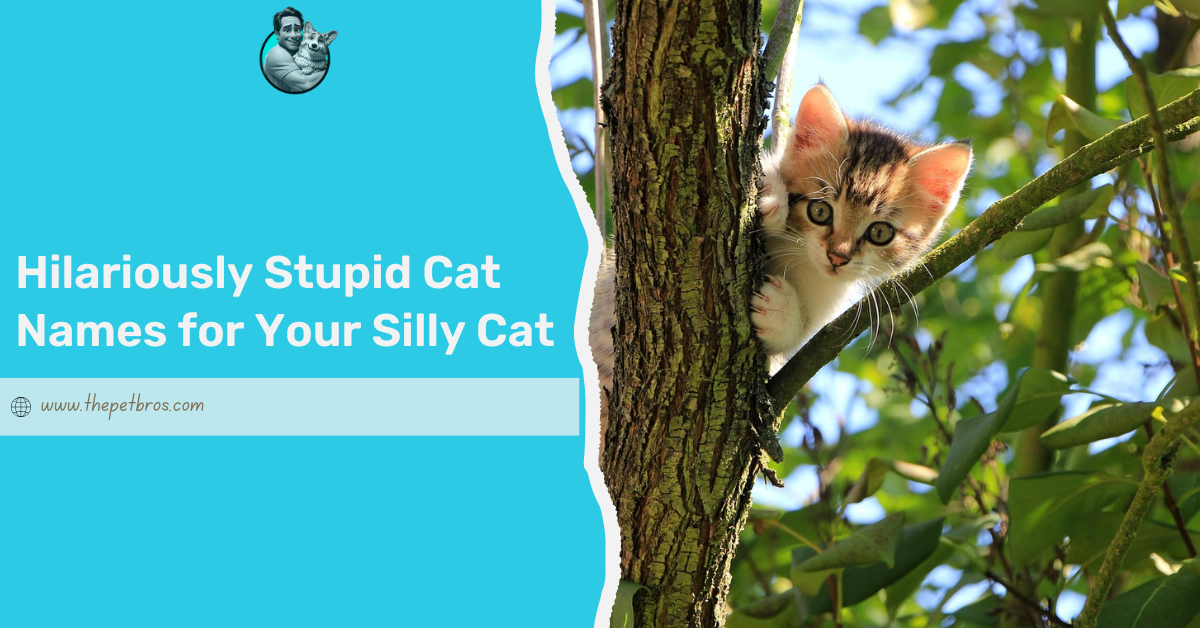Cats are often thought of as picky eaters, leading many to assume they instinctively know what’s best for them when it comes to food. After all, if a cat turns its nose at a piece of spoiled meat, does it mean they have a natural sense of avoiding harmful foods? Unfortunately, this isn’t always the case. There are a lot of foods you should never give your cat, and these furry friends do not even know about them either.
While a cat might reject something that smells bad, it doesn’t mean it steers clear of all potentially dangerous foods, especially if it’s something tempting, like an open can of tuna.
Yes, tuna, a favourite treat for many cats, can actually pose health risks if not given in moderation or if it’s not specifically prepared for their consumption. This is just one example of many common foods that, while seemingly harmless, can be dangerous or even toxic to your furry friend. Aside from Tuna, here are 10 toxic foods you should never give your cat.
10 Foods You Should Never Give Your Cat
1. Allium Vegetables
Certain foods pose an even higher risk to cats than they do to dogs, although they can be toxic to both species. Among the most dangerous are allium vegetables, such as onions, garlic, chives, and leeks. When eaten by cats, even in small quantities, these foods trigger oxidative damage to red blood cells, leading to a condition known as hemolytic anaemia.
This happens because the compounds in these vegetables, especially thiosulfates, interfere with the red blood cells’ ability to carry oxygen. Over time, this can result in severe health issues or even death if not addressed on time.
2. Chocolate
Almost every pet jumps at chocolate, but this is one of the foods you should never give your cat. Chocolate contains compounds known as methylxanthines (theobromine and caffeine), which are highly toxic to pets, especially dogs and cats.
Theobromine and caffeine can interfere with a pet’s metabolic and nervous systems, leading to a range of severe health issues. Common symptoms your cat may experience include vomiting, diarrhoea, increased heart rate, restlessness, tremors, and seizures.
In extreme cases, ingestion can lead to life-threatening conditions, such as cardiac arrhythmias, respiratory failure, and even death.
The level of toxicity depends on the concentration of methylxanthines, which varies significantly between different types of chocolate. Cocoa powder and unsweetened baker’s chocolate contain the highest levels of these compounds, making them the most dangerous. Dark chocolate also has a high concentration of methylxanthines, though less than cocoa powder.
On the other hand, milk chocolate has lower levels but can still be harmful, especially if consumed in large amounts relative to the pet’s size.
As a cat parent, you should be vigilant about keeping all types of chocolate out of reach. And if your cat eats chocolate, immediately call the attention of your vet as early intervention can prevent severe complications.
3. Alcohol
Cats are highly sensitive to ethanol, a type of alcohol found in beverages, cleaning products, and certain foods. Even small amounts of ethanol can cause severe reactions in cats because their bodies cannot process or tolerate alcohol in the same way humans can. So, yes, alcohol, although a drink, is one of the foods you should never give your cat.
When your cat ingests alcohol, it disrupts their central nervous system, leading to behaviours and physical signs similar to intoxication in humans, often described as acting “drunk.” These symptoms can include a lack of coordination, stumbling, and disorientation. However, for cats, the consequences are far more serious.
Early signs of alcohol intoxication in cats include vomiting and diarrhoea, which occur as the body tries to rid itself of the toxin. As the condition progresses, they may experience confusion, lethargy, and tremors. If left untreated, more severe symptoms such as hypothermia, difficulty breathing, seizures, or even coma can develop.
If you suspect your cat has ingested alcohol or any ethanol-containing substance, seek veterinary attention immediately. Prompt treatment, which may include fluid therapy and supportive care, can prevent life-threatening complications.
4. Citrus Fruits
Citrus fruits, including lemons, limes, oranges, clementines, and grapefruits, contain compounds like citric acid and essential oils that are harmful to cats. Every part of these fruits, from the stems, leaves, peels, fruit, and seeds, may pose a risk and should be kept away from your cat.
Ingesting small amounts of citrus may cause mild symptoms such as an upset stomach. However, consuming larger quantities can lead to more serious issues, including vomiting, diarrhoea, and central nervous system depression, which can occur as lethargy, weakness, or even tremors.
To keep your cat safe, ensure all citrus products and any foods or drinks containing citrus ingredients are stored way above their reach. If you suspect your cat has eaten any part of a citrus fruit and is showing concerning symptoms, consult your vet immediately.
5. Caffeine
Caffeine, commonly found in coffee, tea, chocolate, colas, and even some cold medications, is highly toxic to cats and can pose serious health risks.
Ensure you never allow your cats to consume coffee or tea containing other caffeine-containing substances: not even a sip, as this can lead to symptoms such as restlessness, rapid breathing, tremors, and irregular heart rhythms.
Ingesting a relatively large quantity can result in severe complications, including seizures, collapse, and, in extreme cases, can be fatal. To protect your cat, keep all caffeinated products securely out of their reach. If your cat has accidentally consumed caffeine and is showing signs of poisoning, seek immediate veterinary care.
6. Milk and Dairy Products
Although your cat may seem to enjoy drinking milk, it is not necessarily a healthy choice for them. Most cats have difficulty digesting lactose, the sugar found in milk, which can lead to digestive problems such as upset stomach and diarrhoea.
As an exception, kittens are naturally exposed to lactose through their mother’s milk, but this is only for a short period during the early stages of life. As they grow, their digestive systems often lose the ability to process lactose properly. For this reason, reintroducing milk later in life can cause discomfort and digestive upset in many cats.
While some cats may tolerate milk without noticeable issues, it is generally not recommended to offer milk to cats of any age except for their mother’s milk during their kittenhood. To ensure your cat’s health and avoid potential problems, stick to water as their primary source of hydration and see your veterinarian for any dietary concerns.
Thus, in conclusion, yes, milk is important for the growth of a kitten and should be provided via her mother’s milk. However, anything after this growth phase, milk is one of the foods you should never give your cat.
7. Raw Meat
Feeding your cat raw meat might seem like a natural choice to mimic their diet “in the wild.” However, remember that raw meat isn’t safe for domesticated cats. While wild cats may consume raw prey, they face different risks than your pet, who depends on you for their health and safety.
Uncooked meat is much more likely to carry harmful bacteria, such as Salmonella and E. coli, which can cause serious illnesses in cats. Some of these bacteria may even be resistant to antibiotics, making infections harder to treat.
Raw meat can harbour parasites like Toxoplasma gondii and tapeworms, which can pose severe health risks to your cat and even potentially affect humans in the household.
However, if you still wish to introduce your cat to raw meat, ensure it is done with the proper guidance of your vet.
8. Fresh Coconut Milk and Water
Fresh coconut milk and flesh is another food you should not feed your cat because it can lead to digestive problems, even though small amounts are unlikely to cause significant harm. Coconut water is not safe for cats due to its high potassium content, which can disrupt their electrolyte balance.
On the other hand, coconut oil may offer some benefits for skin issues in cats, but it should only be used under the guidance of a veterinarian. Before introducing coconut oil into your cat’s diet or using it as a holistic remedy, consult your vet to ensure it is safe and appropriate for your pet’s specific needs.
9. Raw Dough
Consuming even a small amount of raw bread or pizza dough can trouble your cats. The yeast in the dough ferments rapidly, producing alcohol and carbon dioxide, both of which can lead to severe health issues. Alcohol toxicity can develop, while carbon dioxide can cause bloating and discomfort.
Raw dough can also expand inside a cat’s stomach, potentially leading to a dangerous digestive obstruction. In severe cases, this may require surgical intervention to remove the dough and alleviate the obstruction.
Now, have we seen cats eating pizza before, especially on the internet? Yes, I have seen a lot! Here are some of them on YouTube. But does this mean it is appropriate? No! Raw dough remains top 10 foods you should never give your cat!
The severity of symptoms depends on the amount of dough ingested, but any suspected consumption should be treated as an emergency. If your cat has eaten raw dough, contact your veterinarian immediately for guidance and prompt care.
10. Xylitol
Lastly, we have Xylitol. Xylitol is a sweetener found in products like candy, toothpaste, diet foods, and baked goods. Ingesting Xylitol can cause a dangerous spike in insulin levels, leading to a sharp drop in blood sugar (hypoglycemia) and potentially resulting in liver failure.
Early signs of Xylitol poisoning in cats include vomiting, loss of coordination, and lethargy. If untreated, these symptoms can progress to seizures and, ultimately, liver failure, which can be fatal.
If you suspect your cat has eaten any xylitol-containing product, seek immediate veterinary attention. Quick intervention is critical to managing the effects and preventing serious complications. You don’t want to risk it.
Conclusion
So, there you have it – the top 10 foods you should never give your cat! It is so important to make a habit of reading food labels carefully before offering anything to your cat. Even foods that seem harmless to us can sometimes be dangerous for them, so double-checking ingredients can make a big difference in keeping your furry friend safe.
On top of that, always store your food securely and avoid leaving anything edible out where your cat can reach it. Cats are naturally curious and often get into things we wouldn’t expect.
Something as simple as leaving a snack on the counter or forgetting to close a cabinet could lead to an unintended taste test that might not end well. Taking these small precautions can go a long way in keeping your cat happy and healthy!
Frequently Asked Questions
Is chocolate dangerous for cats?
Yes, chocolate contains theobromine and caffeine, which are highly toxic to cats. Ingesting chocolate can cause symptoms like vomiting, diarrhoea, tremors, and even seizures.
Why is milk bad for cats?
Most adult cats are lactose intolerant and cannot properly digest the lactose in milk, leading to digestive issues like diarrhoea and stomach discomfort.
Is it safe to give my cat tuna?
Tuna is safe in moderation if it’s specifically prepared for cats. However, excessive tuna consumption can lead to mercury poisoning or nutritional imbalances.
Why is raw dough dangerous for cats?
Raw dough can expand in a cat’s stomach, causing bloating and potential obstructions. The yeast also produces alcohol, leading to toxic effects.
Are all fruits bad for cats?
While some fruits, like apples (without seeds), are safe in small amounts, citrus fruits, due to their citric acid and essential oil content, are toxic.
Can I give my cat coconut milk or water?
Coconut water is not safe for cats due to its high potassium content, and coconut milk can cause digestive upset. Always consult your vet before offering coconut products.






